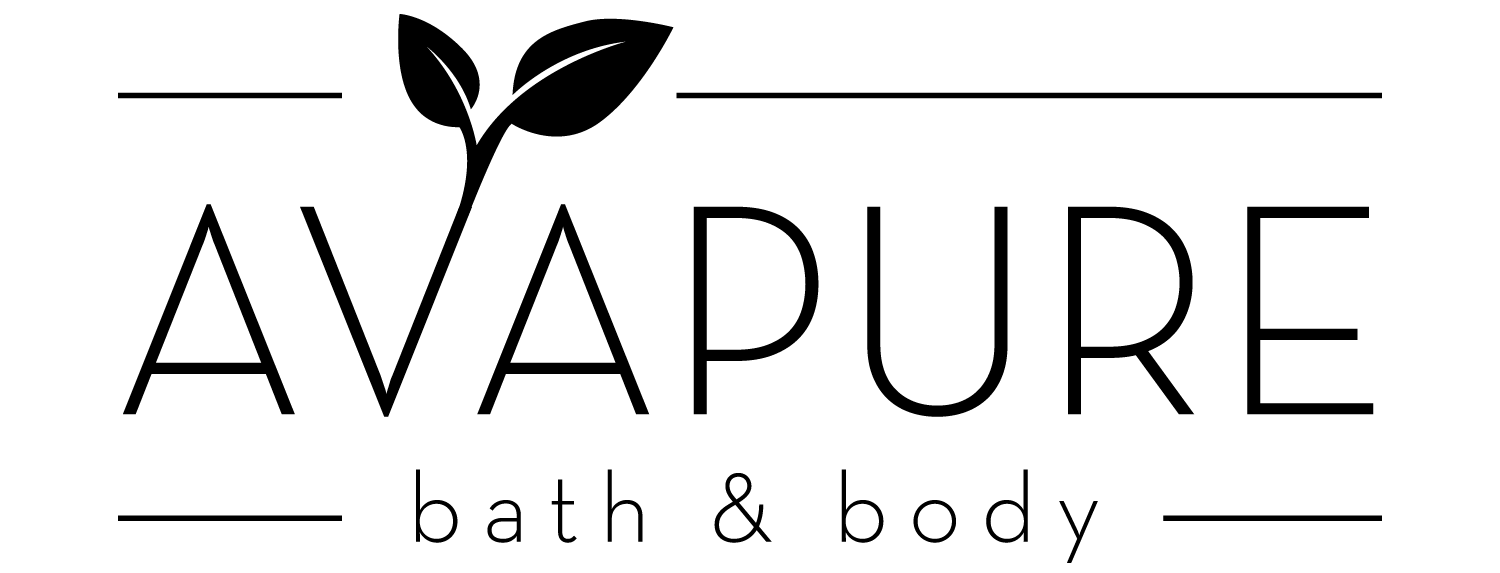There are many misconceptions about natural products as well as product regulation. I am often asked the question, "Are you FDA regulated?" I politely explain that, no I am not, but neither are the companies your find in stores which usually gets a shocked response. Yes, that's right, that 50 dollar moisturizer that guarantee's you will look ten years younger by fixing all those imperfections in your skin is in fact not necessarily regulated by the FDA and doesn't have any scientific evidence to back the claims. Let's take it to another level...the "natural" eye cream you purchased that will reduce and remove all visible signs of aging...again no regulations. What does that mean?!? It means that the consumer is often misguided by the packaging and claims made by skin care companies and the consumer is in fact not getting what they pay for. In these cases, you don't necessarily get what you pay for...
Did you know that a company can include the words "organic" or "natural in their company name and carry neither organic nor natural products!
A label can state, "made with all natural ingredients, or "made with organic ingredients", leading the consumer to believe the entire product is all natural or organic when in fact there is often just a small percentage of natural and/or organic ingredients included in the product. Another trick to this end is a label stating, "Made with 90% natural ingredients." Often if you keep reading the label the first ingredient is water (water is a natural ingredient) therefore you have a products that is 90% natural and the remaining ingredients are synthetic. Additionally, a label may state, "made with 100% natural ingredients," or "made with 100% organic ingredients." The "100%" claim often refers to one or two ingredients which are natural or organic, but the remaining ingredients in the products are actually synthetic.
Something else to watch for is how a label presents fragrances and scents of products. Synthetic fragrance is one of the top items to avoid in products. Often times a product label will state, "scents with natural sandalwood, jasmine, ylang-ylang essential oils." However, in reality, the cost of these essential oils can be up to several hundred dollars per ounce. I guarantee you that a soap company selling their 4 oz bar of soap for $5.00 isn't using only essential oils for scenting their product. They may use a drop of the essential oil combined with synthetic fragrance oils. The FDA does not require soap labels to list all ingredients. While it may be true that they are using a bit of real essential oil to scent the bars, this practice is misleading and deceptive.
Another labeling scam is a product label will list a chemical ingredient followed by the phrase “derived from …some natural substance." For example, Disodium Cocoyl Glutamate (derived from natural coconut oil). Coconut Oil sounds natural, but though this ingredient may start out as natural coconut oil, by the time it is separated out using petrochemicals and chemical solvents, and further processed to create a foam boosting agent--it is far from coconut oil and far from natural! This type of labeling is grossly misleading for consumers who are looking for genuine safe skin care products.
I could go on and on with labeling scams and the varying ways companies present their products as natural and organic when in fact they are far from either of those. As a consumer that is wanting to clean up their beauty routine, be aware that what is stated on a label is not necessarily true. Do your research, learn how to interpret labels accurately and when in doubt, check a product or a particular ingredient on the safe cosmetic database.
